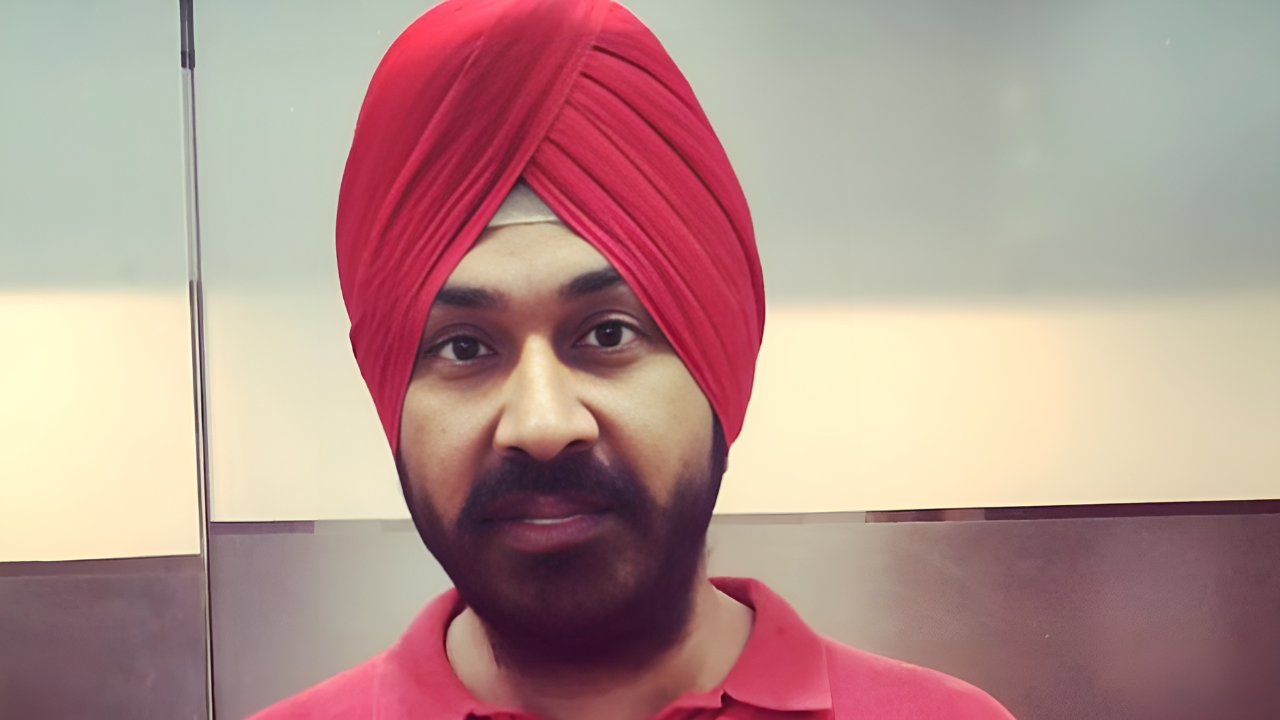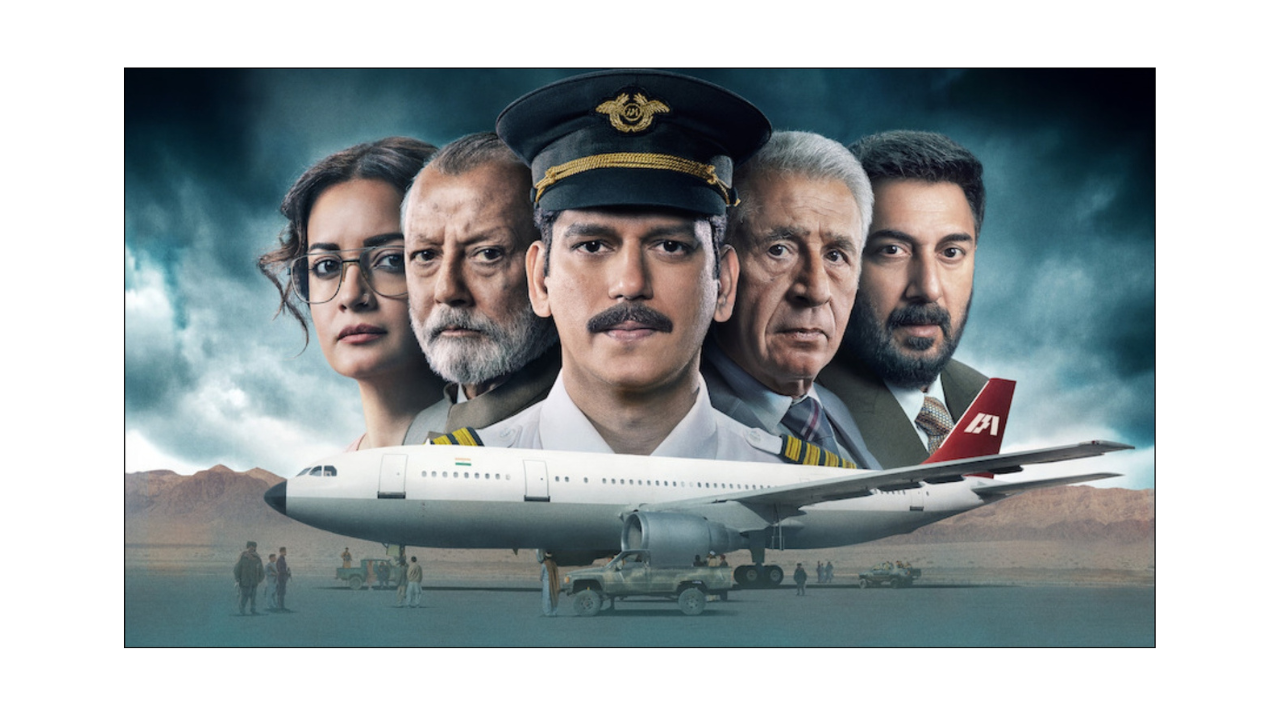Kangana Ranaut’s upcoming film, Emergency, has stirred up quite a bit of controversy even before its release. Originally slated to hit theaters on September 6, 2024, the film now faces delays due to issues with the Central Board of Film Certification (CBFC). The movie’s focus—on the 1975 Emergency in India and the portrayal of Indira Gandhi—has ignited a debate about how to balance creative freedom with the need to handle sensitive historical events with care.
Understanding the Context of Emergency
Emergency isn’t just another Bollywood release. Directed by and starring Kangana Ranaut, this film boldly revisits one of the most debated periods in India’s political history. The 1975 Emergency, imposed by then-Prime Minister Indira Gandhi, remains a highly divisive topic. For some, it was a necessary, though harsh, response to a time of political turmoil; for others, it marked a dark chapter of authoritarian rule.
Through her film, Ranaut aims to capture the complexity of this period, dramatizing the events and decisions that defined the Emergency era. However, this portrayal, particularly of Indira Gandhi’s role, has led to pushback from the CBFC. The board has held back the film’s certification, concerned about how it might impact public sentiment and whether it accurately represents history.
The Challenges with CBFC
It’s not unusual for films that tackle politically or historically sensitive subjects to come under scrutiny. In the case of Emergency, the CBFC has suggested cuts, especially regarding the depiction of Indira Gandhi’s assassination and the Punjab riots. These events are deeply rooted in the collective memory of the nation and are central to the film’s narrative.
Kangana Ranaut’s reaction to these delays and suggested cuts has been one of clear disappointment. Speaking on Shubhankar Mishra’s podcast, she voiced her frustration, saying, “Meri film pe hi Emergency lag gayi hai. Bahut hi nirashajanak ye sthiti hai.” Her words reflect a broader concern about the restrictions placed on creative expression, especially when it intersects with sensitive historical subjects.
A Broader Debate on Creative Freedom
The situation surrounding Emergency opens up a larger conversation in Indian cinema: the delicate balance between creative freedom and the responsibility to treat historical subjects with respect. Ranaut has pointed out that the events she portrays in her film have already been explored in movies like Madhur Bhandarkar’s Indu Sarkar and Meghna Gulzar’s Sam Bahadur without facing similar challenges. This raises important questions about the consistency of censorship and the factors influencing these decisions.
Ranaut’s determination to release the film in its original, uncut form—even if it means taking legal action—shows her strong commitment to her work. She argues, “We’ll keep telling those ridiculous stories otherwise. We’ll get scared by someone today, someone else tomorrow.” Her stance highlights a growing concern among filmmakers about the pressures that can constrain artistic expression in today’s political and social climate.
Navigating the Future of Historical Cinema
As Emergency continues its journey toward release, it becomes a case study in the challenges of creating historical cinema in India. The film raises critical questions: How should filmmakers approach sensitive historical topics? What role should censorship play in shaping the portrayal of history on screen? And how can we strike a balance between protecting creative freedom and respecting the significance of historical events and figures?
These are not easy questions to answer, and the resolution of Emergency’s certification issues could set a precedent for future films that explore similar themes. Kangana Ranaut remains firm in her commitment to the film’s original vision, and the outcome of this situation will be closely observed by filmmakers, historians, and audiences alike.
In the end, Emergency is more than just a film; it’s a reflection of the ongoing tension between creative expression and historical sensitivity in Indian cinema. The delays and challenges it faces highlight the broader issues within the industry. As we wait for the film’s release, it’s important to continue discussing how to navigate these complexities, ensuring that filmmakers can tell their stories authentically while also honoring the past.




